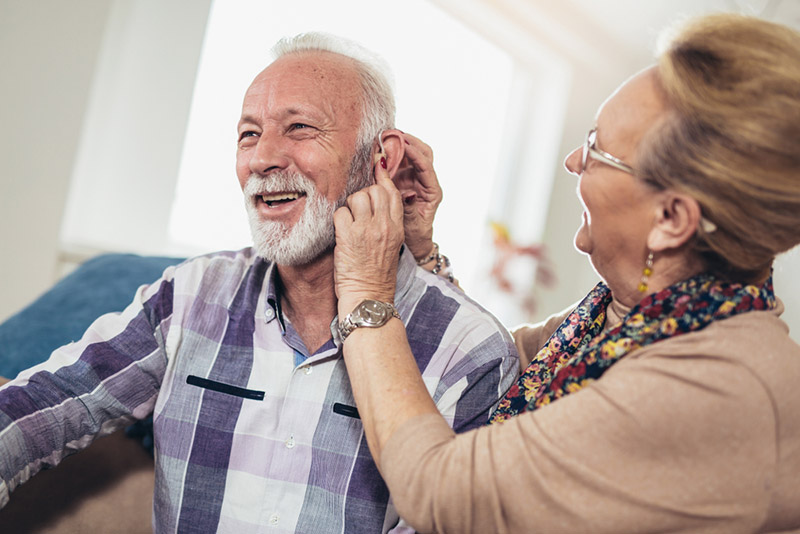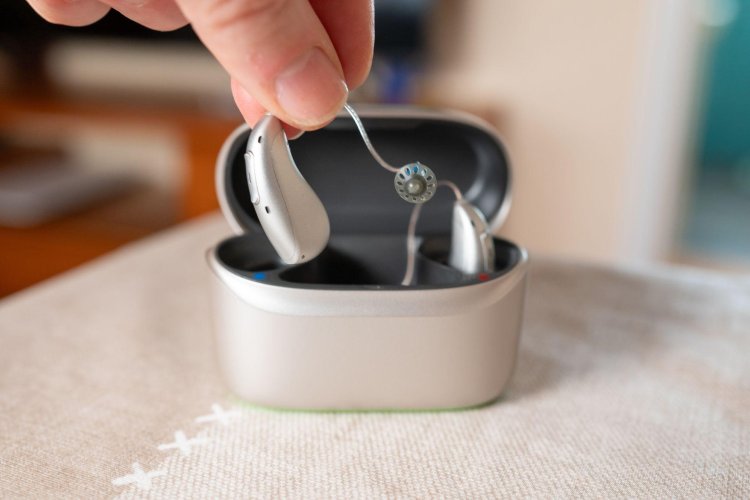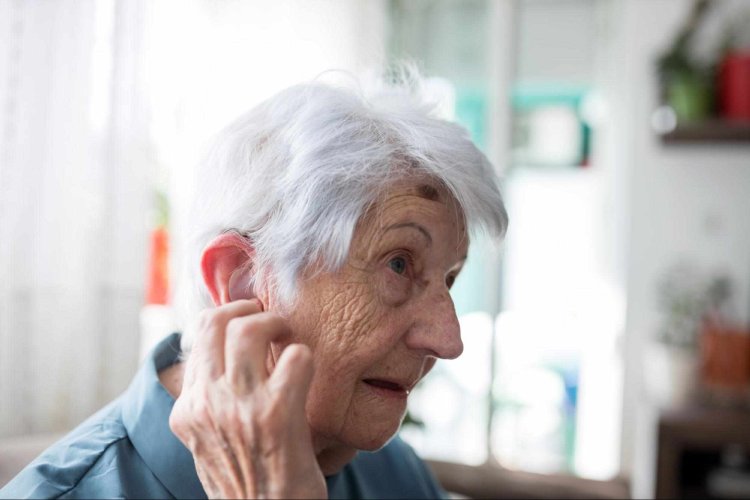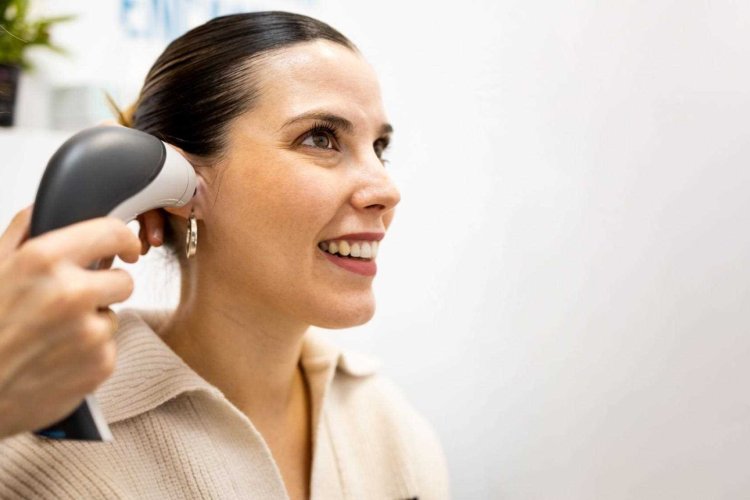For people with hearing loss, hearing aids are essential tools that help them hear sounds more clearly. Most people are skeptical about wearing hearing aids due to their alleged side effects. While you would not want to miss out on a family gathering or be unable to listen to your favorite music, the worry caused by hearing loss may lead to depression. However, today’s devices that assist patients who have hearing loss are sleek and sophisticated to offer the user much more convenience in hearing care than their predecessors. The manufacturers incorporate technical advancements that can offer a flawless experience with minimal discomfort. Here are a few common side effects of wearing these hearing gadgets:
Itchiness and Discomfort
Everyone’s ears are different in terms of their size, shape or sensitivity. To some patients who have hearing loss, hearing assistance devices fit so perfectly that they forget to remove them when walking into the shower. However, if you find it difficult to adapt to your pair of hearing aids, you could suffer from itching or discomfort in your ears. In some cases, soothing lotion usually solves the problem. However, in more severe cases, you may have to consider replacing your aids with smaller sized ones. If you feel sour in your ear, it is most likely due to improper fitting on the custom part of the hearing aids. The parts can be remade or modified to suit your specific dimensions. An audiologist will provide you with solutions that can improve the comfort of wearing the devices.
Dizziness, Headaches, and Tiredness
Your brain needs to adapt to the acoustic environment provided by your hearing assistance gadget. It is therefore very common to experience dizziness and headaches when you wear hearing aids for the first time. To help your brain adapt faster to your devices and ignore unnecessary background sounds and echoes, you should wear your new hearing aids as often as possible. Remember to give yourself one-hour breaks when you have a headache or feel tired from wearing the hearing aids. Severe headaches are extremely rare but not unheard of in patients that have hearing loss. If they do happen to you, they often do not last beyond a week.
Further Damage to Your Hearing Impairment
People suffering from severe hearing impairment might not get the benefits of hearing care aids after long periods of use. That’s because of their inability to bear uncomfortable sound levels. While they may not be able to clearly hear low-pitched sounds, higher amplification of sound might cause further damage to their hearing. In the worst instance, it might even cause the loss of residual hearing.
Cognitive Function Decline
Due to reduced hearing capability, your brain might begin to have reduced stimuli. That means that some information does not get to your brain and might cause dementia later in life. However, with modern devices, cognitive function is improved. Nonetheless, some outdated or poorly programmed devices might worsen the problem. The condition is common in the elderly due to their prolonged use of traditional hearing aids.
If these side effects occur for long periods of time, give the specialists at Beltone South a call. We will help you find solutions to ensure you can enjoy the use of your hearing aid.






